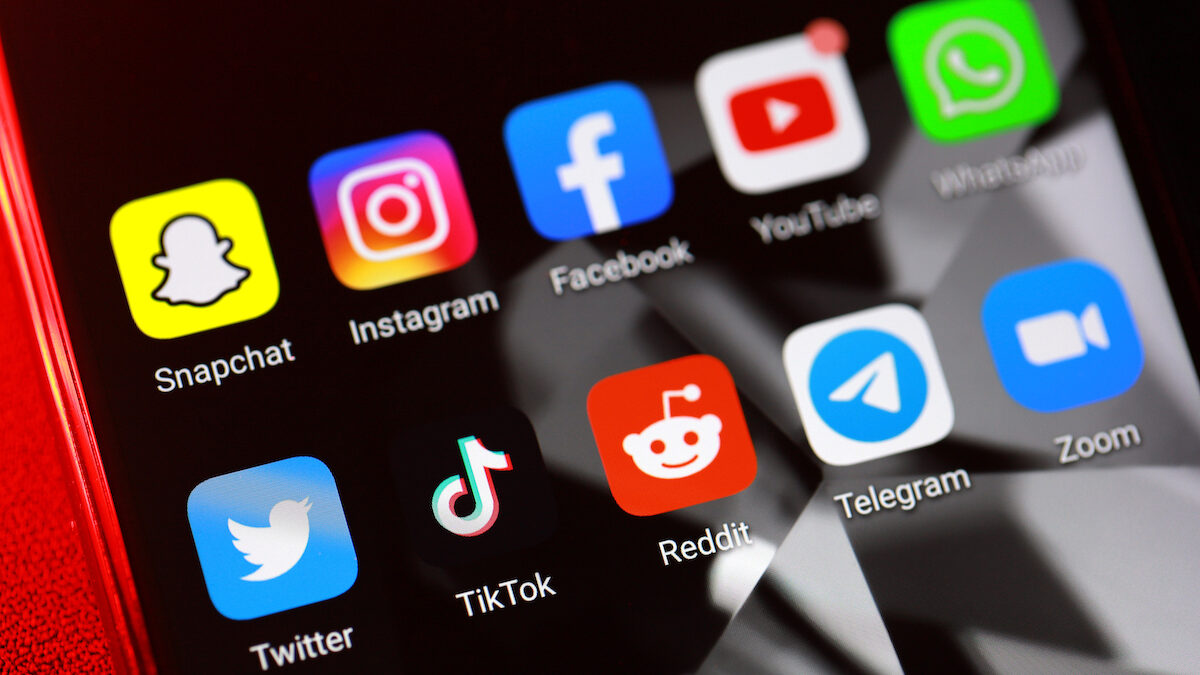Twitter has hired teams of academics to create ways of measuring the “health” of conversations on its platform.
The company said that it had selected two groups of researchers to lead the ‘conversation health project’ – the conclusion of a process started in March.
It said it received more than 230 submissions from institutions eager to work on metrics that engineers can use to help analyse and improve the social network.
The first group includes researchers from universities in the Netherlands, the US, and in Italy.
They will look at the issues of “echo chambers and uncivil discourse” and produce ways to measure how much Twitter users interact with diverse viewpoints on the social network.
They’ll also develop algorithms to tell the difference between “incivility” (which could simply be rude chatter) and “intolerant discourse” (such as racist language).
The second group, made up of researchers from universities in the UK and the Netherlands, will look at “incivility and intolerance” in Twitter conversations”, and how showing users others who have different perspectives and backgrounds can reduce prejudice and discrimination.
Long-term effects remain to be seen, but when MIT Technology Review talked to academic researchers inside and outside the US in March, they thought it would be difficult to measure conversational health with just a few metrics.
Twitter seems to be taking the whole process seriously, though, and this week purged tens of millions of fake accounts in another effort to show it’s trying to improve.




